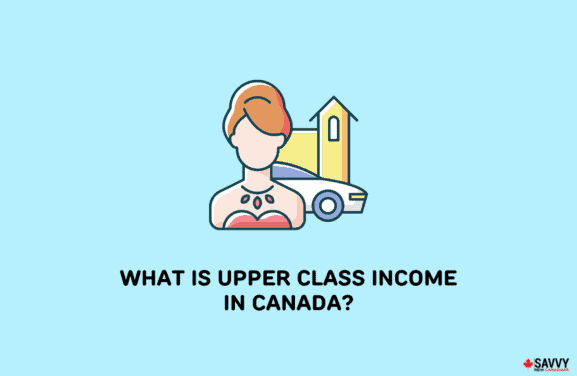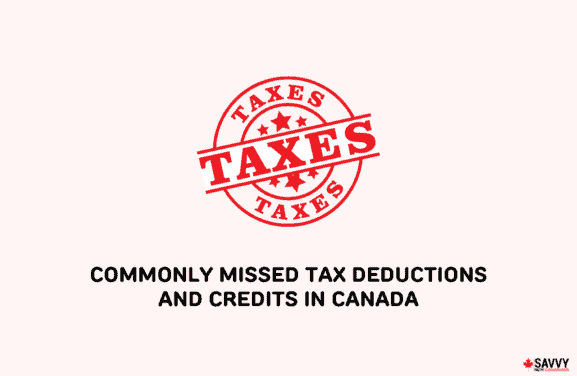Is it compulsory to file a tax return in Canada? If you owe income tax to the government, it absolutely is.
The Canada Revenue Agency doesn’t take missed or late tax filing lightly. Once you miss the deadline for tax filings, you’ll be charged a late filing fee worth 9% of your tax owing and an additional 1% of the balance for every month you pass the due date.
If you don’t owe taxes, it is still advisable to file your tax return if you plan on getting a refund or want to be assessed for benefits such as the Canada Child Benefit or GST/HST Credit.
This article covers the penalties for filing taxes late in Canada, how to file a late tax return to the CRA, and how to get a penalty waiver.
Key Takeaways
- The base interest rate charged by the CRA on late tax filings is 9% of the outstanding amount. This rate may change every three months.
- There are no penalties for missed or late filings if you don’t owe the CRA any money. However, you won’t receive the refunds or government benefits you may be eligible for without filing.
- If you cannot pay your taxes on time due to “extraordinary circumstances,” such as being in extreme financial hardship or being involved in a natural disaster, you may qualify for interest or penalty waivers.
Tax Filing Deadline
The deadline to file your individual tax return is April 30, 2024. If you or your spouse are self-employed, the deadline to file your taxes is June 15, 2024.
- April 30, 2024: Individual tax returns are due
- June 15, 2024: Self-employed tax returns due
While sole proprietors get an extension until June 15th, all outstanding taxes must be paid by April 30 to avoid paying interest fees.
Penalties For Filing Your Taxes Late
The CRA does not take it lightly when you owe taxes; filing your tax return late or not filing at all can cost you a lot of money.
Starting from day 1 after the deadline date (i.e. on May 1), compounding daily interest is levied on the outstanding amount.
The interest rate charged by the CRA may change every three months and is 9% from October 1, 2023, to December 31, 2023.
You could file your taxes on time and still pay interest fees if you have an outstanding balance. Interest applies as long as you owe taxes.
How about when you file your taxes late?
When you don’t meet the April 30 (individual return) or June 15 (self-employed return) deadline, a late filing penalty applies.
The late filing penalty is 9% of the income tax owing for the 2023 tax year plus an additional 1% of the balance for every month your return is late (for up to 12 months).
For example, if you owe $5,000 and file your return in November (seven months late), your tax balance increases by 16% (i.e. 9% base penalty + 7% interest for 7 months).
The late filing penalty on your $5,000 initial debt is now $800. It doesn’t stop there, as interest is also charged on the penalty.
If you have made it a habit to file your taxes late, the late filing penalty is more severe and is up to double the standard rate.
How To File A Late Tax Return in Canada
You can file your late tax return through the normal avenues, including:
1. Online Tax Software: Use CRA-certified tax software to complete your return and electronically transmit it to the CRA via NETFILE.
Top online tax software in Canada include TurboTax and WealthsimpleTax.
2. Accountant: You can hire an accountant to help you or use a service like H&R Block that offers online and in-person support.
3. Paper Filing: Tax-return form packages are available on the CRA website, including those for previous years.
CRA’s Voluntary Disclosures Program
If you have failed to declare income on your tax return or have made a false statement or omission, you may be able to get a penalty waiver if you voluntarily tell the CRA.
Depending on your circumstances, a Voluntary Disclosures Program application could also spare you from prosecution if it is accepted. This program has two streams: Income tax and GST/HST.
You will still be required to pay the taxes owed, including full or partial interest.
Taxpayer Relief Provisions
If you cannot pay your taxes or file on time due to ‘extraordinary circumstances’ outside of your control, you may qualify for interest or penalty waivers.
Examples of situations that may qualify include:
- Natural or man-made disasters
- Serious illness or accident
- Postal strike
- CRA errors or processing delays
- Extreme financial hardship
- Serious emotional or mental distress
Filing Tax Return Late When You Don’t Owe Taxes
If you don’t owe the CRA any money, there are no penalties for not filing or for filing a late return.
That said, you should still aim to file your return because CRA won’t send you a refund even if you qualify without a return.
Also, you could miss out on some government benefits, such as the Canada Child Benefit and GST credit.



